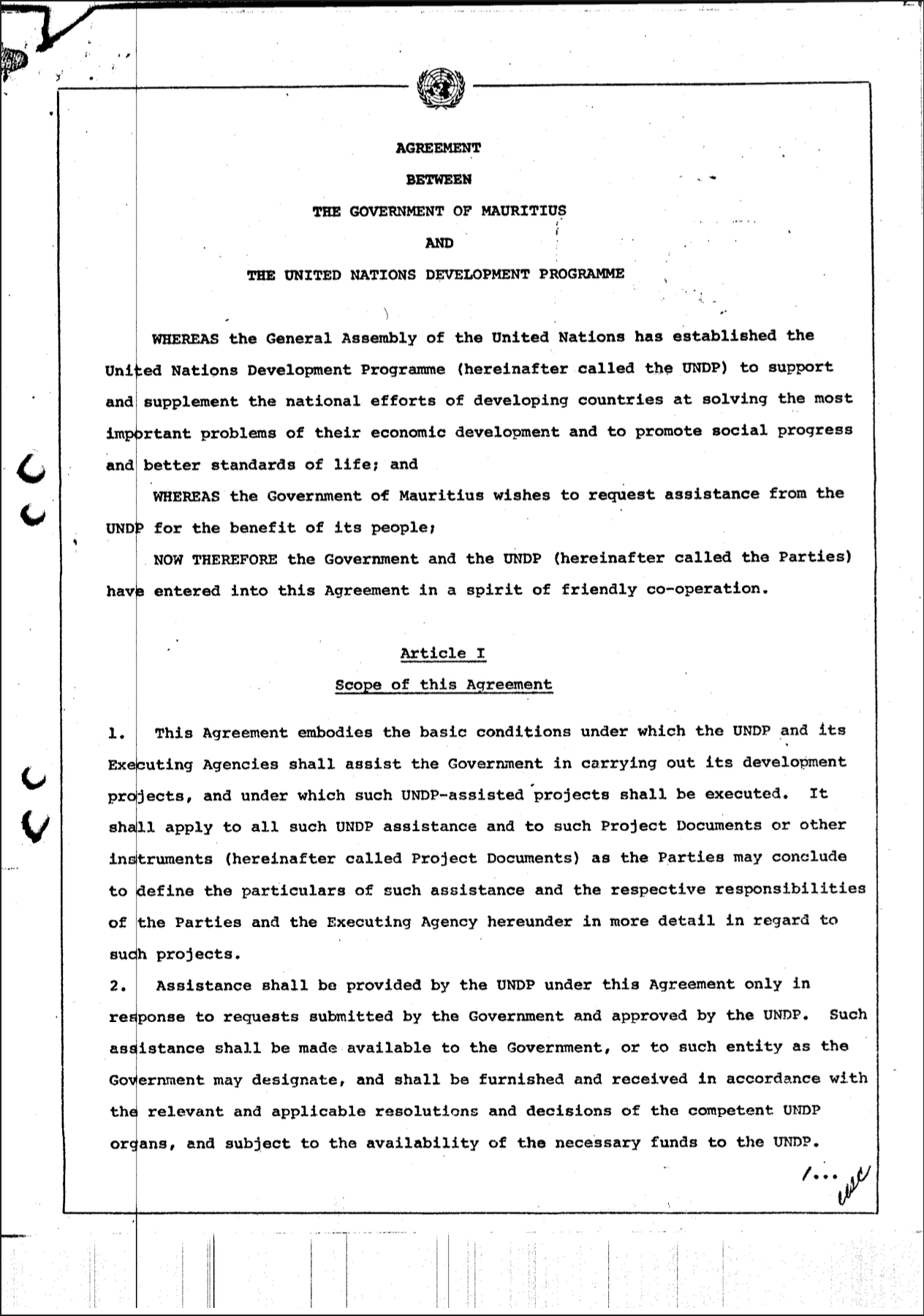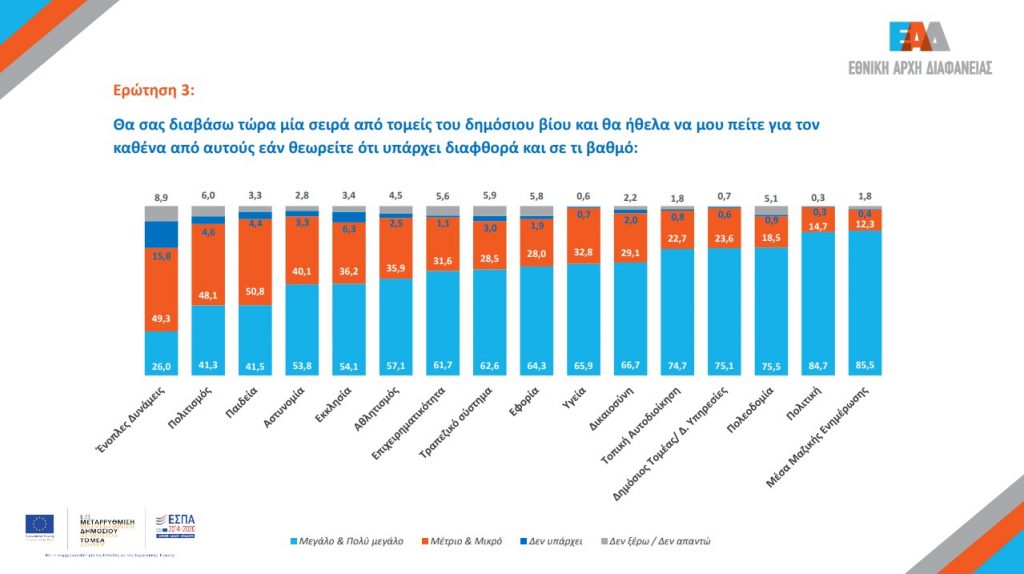Mental Healthcare Access: The Challenges Of Cost And Stigma

Table of Contents
The Crushing Weight of Cost: Financial Barriers to Mental Healthcare
The high cost of mental healthcare is a major obstacle preventing many from seeking the help they need. This financial burden significantly impacts both the initiation and continuation of treatment.
High Cost of Therapy and Medication
The financial hurdles are substantial. Many face:
- High insurance deductibles and co-pays: Even with insurance, the out-of-pocket expenses for therapy sessions and medication can be prohibitive.
- Lack of insurance coverage for mental health: Many insurance plans offer inadequate or no coverage for mental health services, leaving individuals with the full cost of treatment.
- Expensive out-of-pocket costs for medication: Psychiatric medications can be incredibly expensive, particularly newer medications, forcing many to forgo treatment or choose cheaper, potentially less effective alternatives.
- Limited availability of low-cost or free mental health services: Access to affordable mental healthcare, such as community clinics or sliding-scale therapy practices, is often limited, particularly in underserved areas.
Studies show that the cost of therapy sessions can range from $75 to $250 per session, while monthly medication costs can easily exceed $100. For individuals with low incomes, these costs are simply insurmountable, leading to treatment delays and potentially worsening mental health conditions.
The Financial Impact on Treatment Adherence
Cost directly impacts treatment adherence. Individuals often:
- Skip sessions due to cost: The need to prioritize basic necessities over mental healthcare leads to inconsistent treatment.
- Delay or forgo medication refills due to cost: This interruption in medication can lead to relapse and exacerbate symptoms.
- Choose less effective, cheaper options: Individuals may opt for less effective, over-the-counter remedies or self-treat, delaying professional help until their condition worsens significantly.
Inconsistent treatment leads to poorer outcomes, increased hospitalizations, and a higher overall healthcare burden in the long run.
The Stifling Grip of Stigma: Societal Barriers to Mental Healthcare
Beyond financial barriers, the pervasive social stigma surrounding mental illness significantly impacts mental healthcare access. This stigma prevents many from seeking help or openly discussing their mental health challenges.
The Social Stigma Surrounding Mental Illness
Negative attitudes and misconceptions about mental illness are deeply ingrained in society. People experiencing mental health challenges often face:
- Fear of judgment and discrimination: The fear of being labeled or treated differently by employers, family, friends, and society at large prevents many from disclosing their struggles.
- Shame and embarrassment: Many individuals internalize societal stigma, leading to feelings of shame and preventing them from seeking support.
- Reluctance to disclose mental health issues to employers, family, and friends: Fear of losing their jobs or damaging their relationships compels many to suffer in silence.
- Impact on social relationships and employment opportunities: Stigma can lead to social isolation, discrimination in the workplace, and difficulty finding or maintaining employment.
Examples of stigma manifest in casual conversations, insensitive jokes, and discriminatory practices within workplaces and communities.
The Impact of Stigma on Help-Seeking Behavior
Societal stigma directly influences help-seeking behavior:
- Delaying or avoiding seeking help altogether: Many avoid seeking professional help due to fear of judgment or perceived weakness.
- Reluctance to discuss symptoms with healthcare professionals: This reluctance to open up hinders proper diagnosis and treatment.
- Choosing to self-treat rather than seeking professional help: Self-medication or relying on ineffective coping mechanisms can worsen underlying conditions.
Delayed or inadequate treatment, directly attributable to stigma, significantly contributes to worsening mental health conditions and poorer long-term outcomes.
The Role of Media and Public Awareness Campaigns
Media portrayals and public awareness campaigns play a crucial role in shaping perceptions of mental illness. While some campaigns effectively raise awareness and promote understanding, others perpetuate harmful stereotypes.
- Examples of positive and negative media representations of mental illness: Accurate and sensitive portrayals can normalize mental health challenges, while negative stereotypes reinforce stigma.
- The effectiveness of public awareness campaigns: Well-designed campaigns can educate the public, reduce stigma, and encourage help-seeking behavior.
- The ongoing need for improved education and understanding: Continued efforts are vital to challenge misconceptions and promote empathy and understanding.
Potential Solutions to Improve Mental Healthcare Access
Addressing the barriers to mental healthcare requires a multi-pronged approach:
Expanding Insurance Coverage
Mandating comprehensive mental healthcare coverage in all insurance plans is crucial. Building upon the Affordable Care Act's provisions, further expansion is needed to ensure affordability and accessibility for all.
Increasing Funding for Affordable Mental Healthcare Services
Increased government funding is vital for establishing and supporting low-cost and free mental healthcare clinics and programs, particularly in underserved communities.
Addressing the Stigma Through Education and Awareness
Widespread education campaigns, community programs, and public health initiatives are needed to challenge stigma, promote understanding, and encourage help-seeking behavior. This involves targeting schools, workplaces, and communities.
Utilizing Telehealth and Technology
Telehealth offers a powerful tool to overcome geographical barriers and increase access to mental healthcare, especially in remote or underserved areas.
Conclusion: Overcoming Barriers to Better Mental Healthcare Access
The twin challenges of cost and stigma significantly impede mental healthcare access, creating a critical need for systemic change. Addressing these barriers requires a collaborative effort from healthcare providers, policymakers, insurers, and the public. By expanding insurance coverage, increasing funding for affordable services, actively combating stigma through education, and leveraging technology, we can improve mental health outcomes for everyone. Take action today to improve mental healthcare access in your community. Learn more about available resources and advocate for policies that support affordable and accessible mental healthcare for everyone.

Featured Posts
-
 Solidarnosc I Republika Czy To Wyjatkowe Wyroznienie Zasluguje Na Uwage
May 03, 2025
Solidarnosc I Republika Czy To Wyjatkowe Wyroznienie Zasluguje Na Uwage
May 03, 2025 -
 Bbc Income Plummets By 1 Billion Unprecedented Issues Emerge
May 03, 2025
Bbc Income Plummets By 1 Billion Unprecedented Issues Emerge
May 03, 2025 -
 The Future Of Reform Uk Five Potential Pitfalls For Nigel Farage
May 03, 2025
The Future Of Reform Uk Five Potential Pitfalls For Nigel Farage
May 03, 2025 -
 When Will Strong Winds Hit Oklahoma A Severe Weather Timeline
May 03, 2025
When Will Strong Winds Hit Oklahoma A Severe Weather Timeline
May 03, 2025 -
 Farage Settles Account Closure Case With Nat West
May 03, 2025
Farage Settles Account Closure Case With Nat West
May 03, 2025
Latest Posts
-
 Grant Assistance To Mauritius Notes Exchange And Agreement
May 03, 2025
Grant Assistance To Mauritius Notes Exchange And Agreement
May 03, 2025 -
 Official Signing Grant Aid For The Republic Of Mauritius
May 03, 2025
Official Signing Grant Aid For The Republic Of Mauritius
May 03, 2025 -
 157 Gola Za Lakazet Rekord Lion Napt Za 2 Ro Myasto Vv Frantsiya
May 03, 2025
157 Gola Za Lakazet Rekord Lion Napt Za 2 Ro Myasto Vv Frantsiya
May 03, 2025 -
 Lakazet Nadmina Papen 157 Gola I Lion V Presledvane Na 2 Roto Myasto
May 03, 2025
Lakazet Nadmina Papen 157 Gola I Lion V Presledvane Na 2 Roto Myasto
May 03, 2025 -
 Katapolemisi Tis Diafthoras Stis Poleodomies Bimata Gia Ena Dikaio Kai Apotelesmatiko Kratos
May 03, 2025
Katapolemisi Tis Diafthoras Stis Poleodomies Bimata Gia Ena Dikaio Kai Apotelesmatiko Kratos
May 03, 2025
